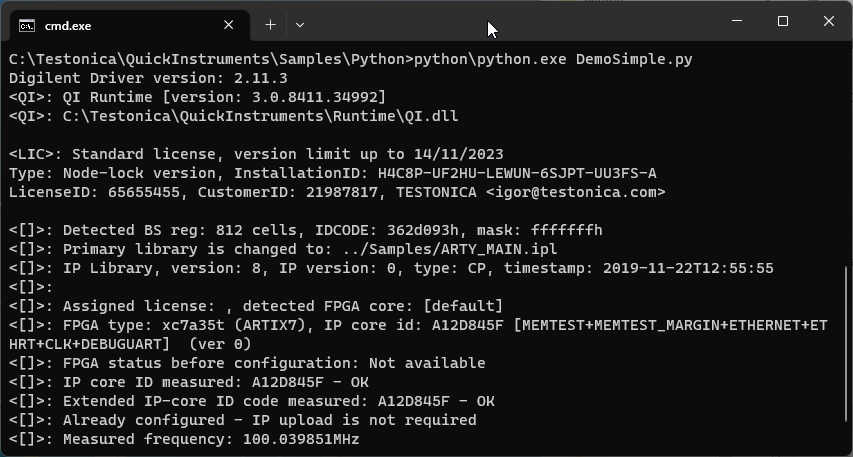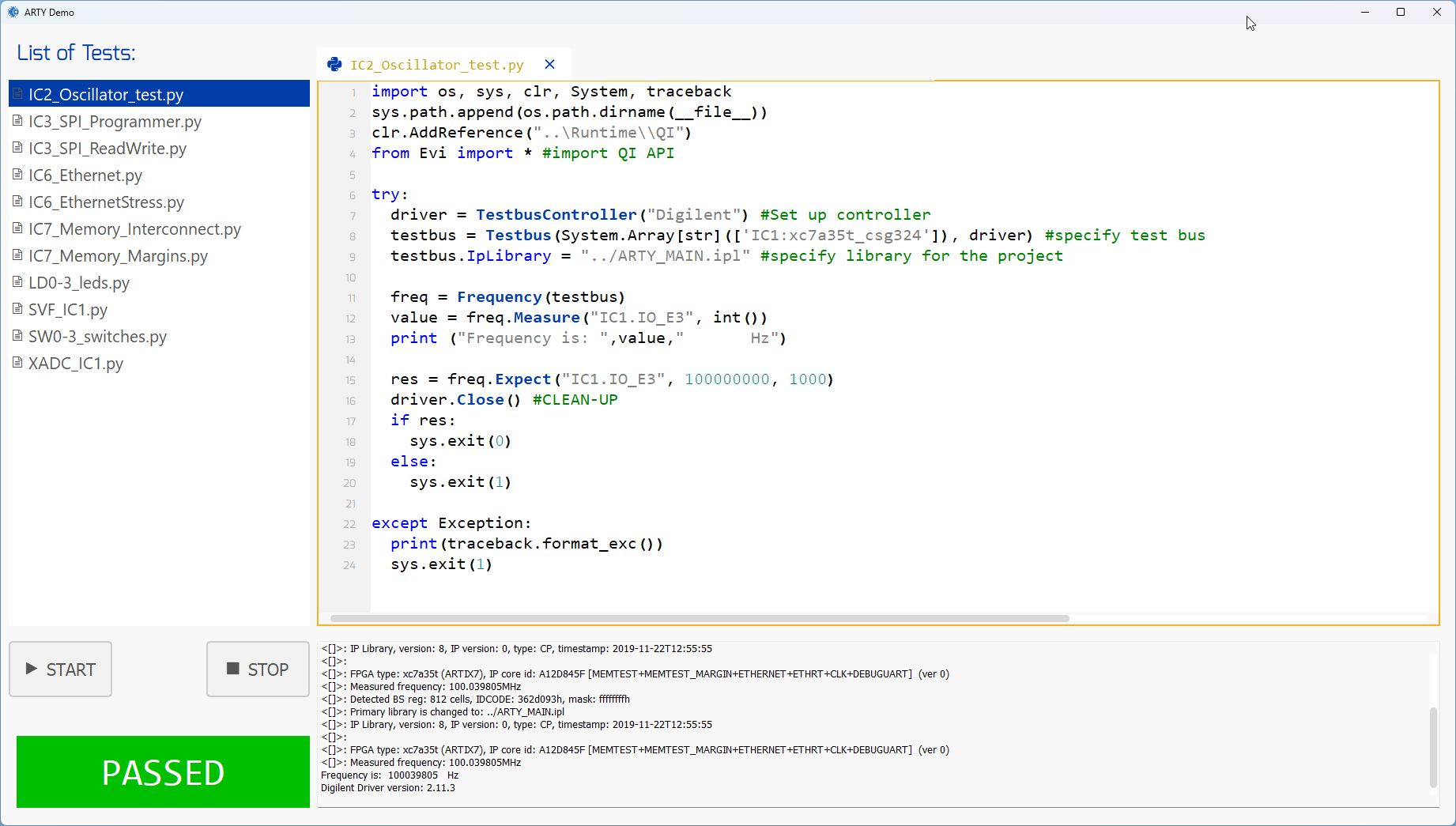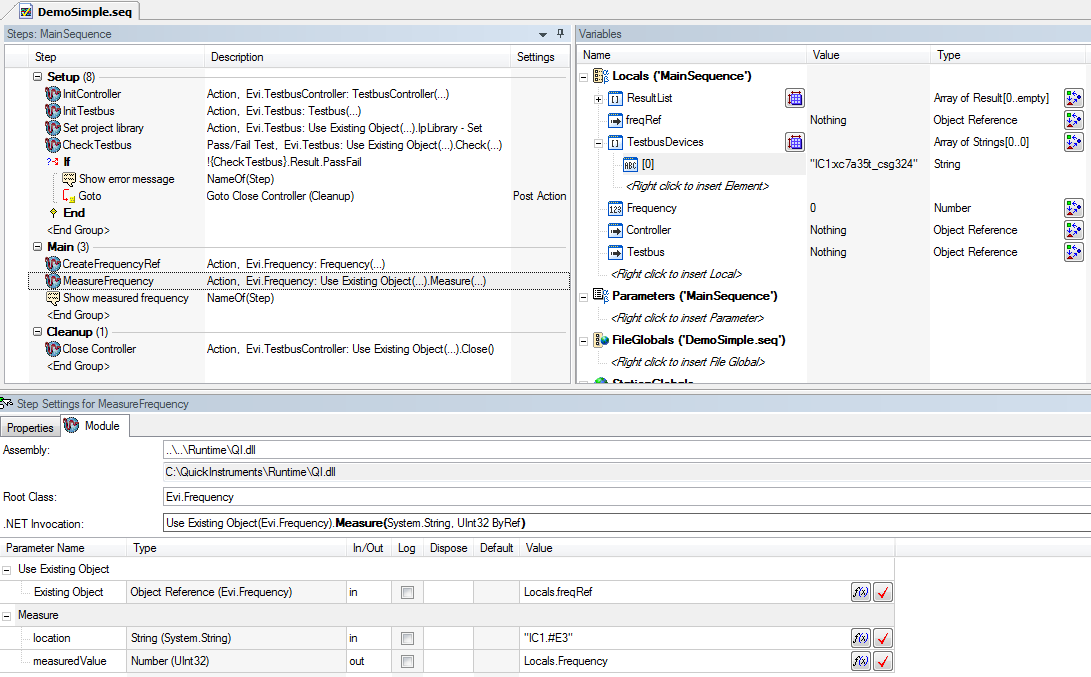QIFT
Software-defined Modular PCBA & IC Functional Tester
FPGA-based test and measurement instrumentation offers a combination of flexibility, performance, and customization that makes it well-suited for a wide range of applications in the field of PCBA and IC test.
The flexibility of FPGAs allows tailoring the functionality of the platform to meet the specific requirements of a particular test scenario. This customization can result in a highly optimized and efficient solution for a given task.
The flexibility of FPGAs allows tailoring the functionality of the platform to meet the specific requirements of a particular test scenario. This customization can result in a highly optimized and efficient solution for a given task.

FPGAs can be programmed to handle various functions, including data acquisition, signal processing, communication protocols, and control logic. This capability allows for the integration of multiple functionalities into a single FPGA-based platform.
Integrated Instruments
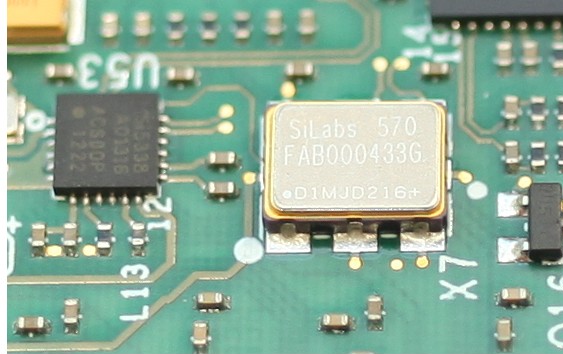
Digital I/O Tester
Verify the I/O connections on your board for static defects like shorts, opens and bridges.
Additionally you can also create small programs by driving and measuring single pins: to interface LCD displays or ICs with a simple digital interface, check presence of pull-up and pull-down resistors, control power or reset lines on a board.
Additionally you can also create small programs by driving and measuring single pins: to interface LCD displays or ICs with a simple digital interface, check presence of pull-up and pull-down resistors, control power or reset lines on a board.
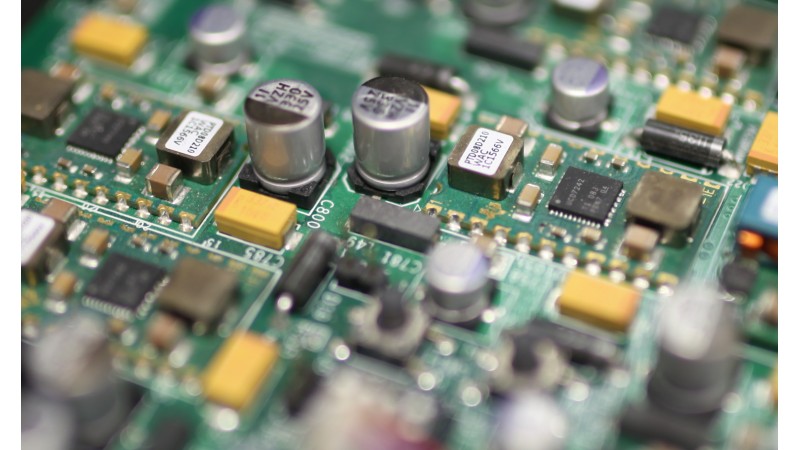
Analog I/O Tester
Perform analog measurements using analog-to-digital converters.
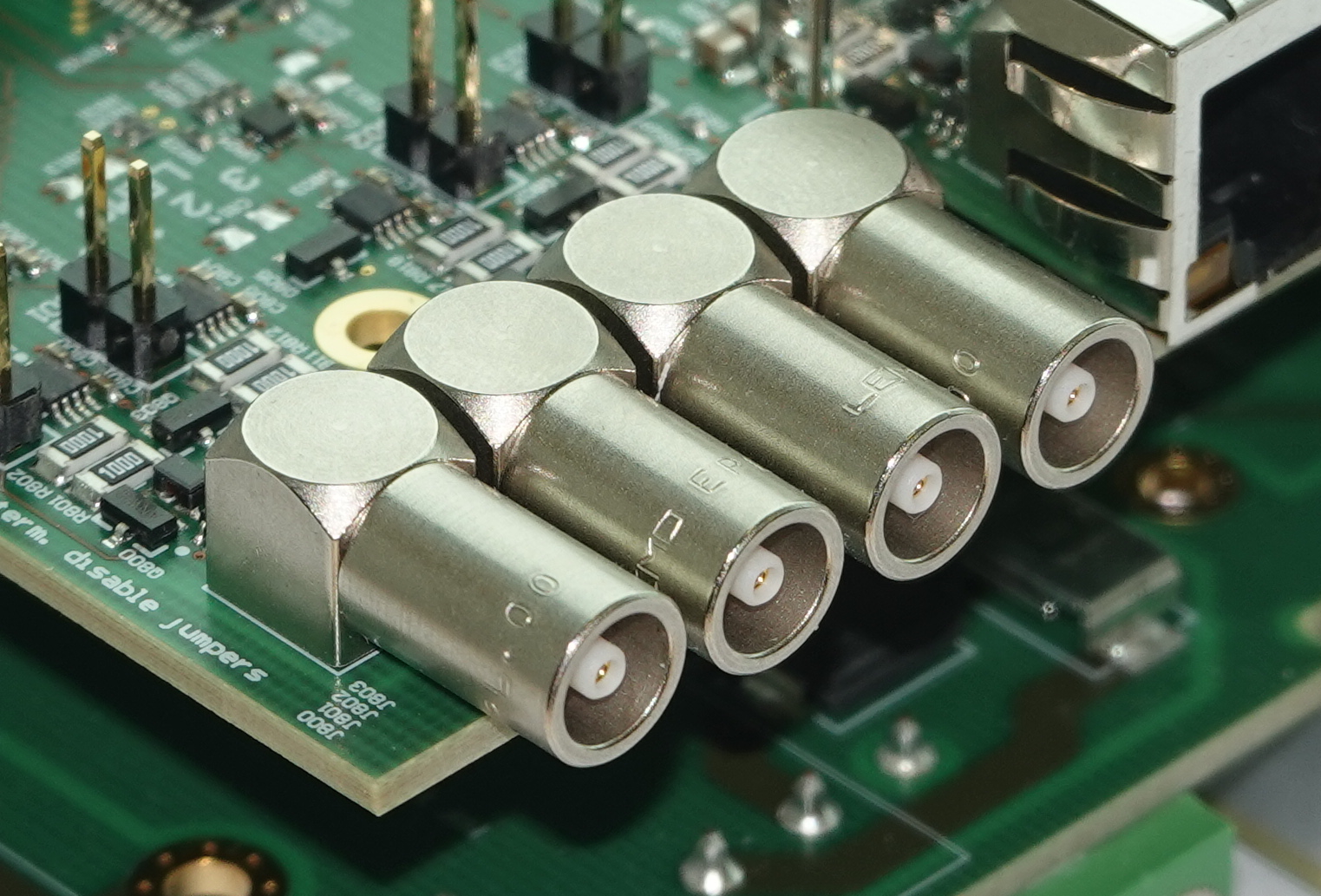
Signal Generator
Generate arbitrary digital pattern of predefined length on FPGA's digital output pins.

Frequency Counter
Measure the frequency of clock signal lines and check whether the frequency is within the specification range.
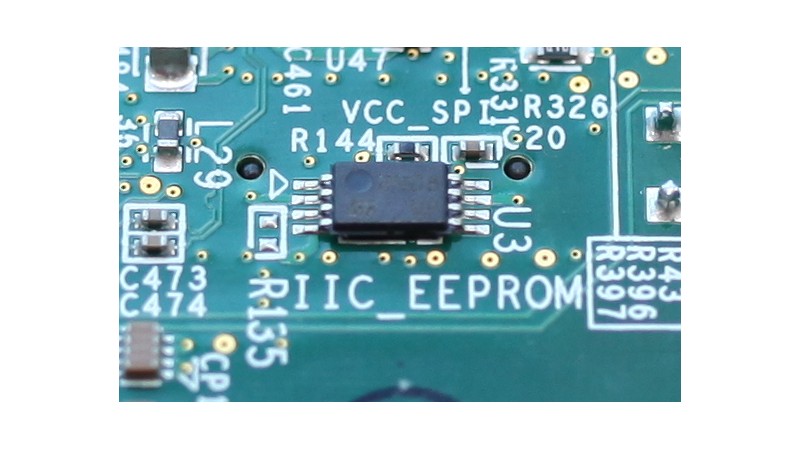
I2C Read/Write
Communicate with I2C devices by sending and receiving data. QIFT I2C Tester simplifies the work with I2C bus as low-level physical protocol is handled by the instrument.
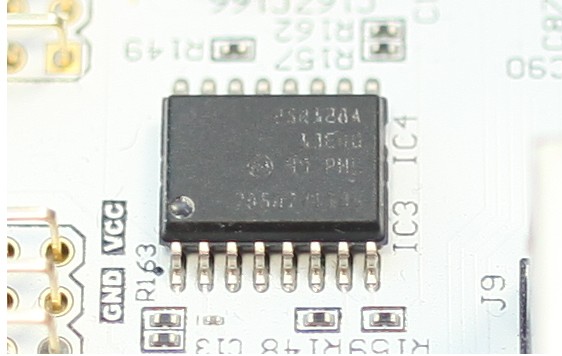
SPI Read/Write
Similar to I2C, communicate with SPI devices by sending and receiving data. QIFT SPI Tester simplifies the work with SPI bus as low-level physical protocol is handled by the instrument.
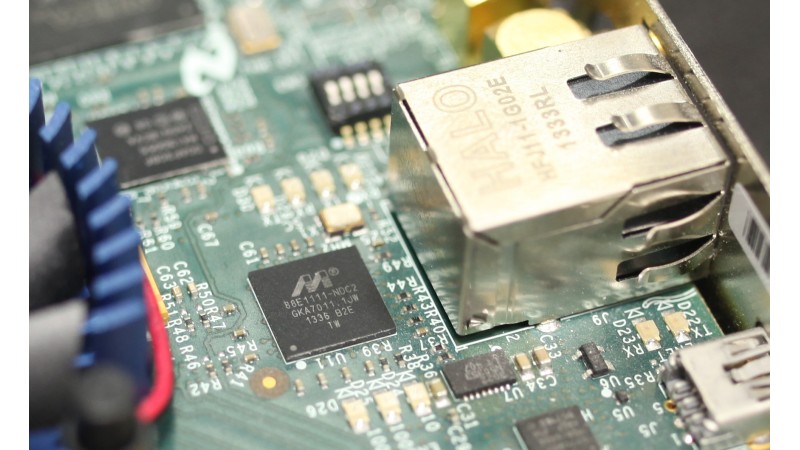
Ethernet Tester
A simple Ethernet tester that allows detecting defects on a data link. The Ethernet tester supports three model layers (Physical, Data link and Network Packet). The test is done by sending or capturing single Ethernet frames.
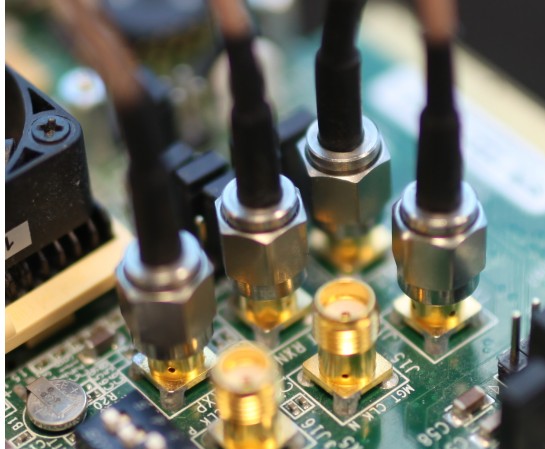
Bit Error Rate Tester
QIFT BER Tester can test the integrity of digital communication links by generating pseudorandom sequences to the unit under test. BERT is especially valuable when UUT also contains an FPGA.

In-System Flash Programmer
QIFT Flash Programmer can serve as powerful and flexible platform for flash programming, offering advantages such as high-speed data transfer, parallel programming, customization, and adaptability to different flash memory types.
Interfaces
- I2C
- SPI
- UART
- RS232
- JTAG
- USB
- CAN
- LVDS
- HDMI
- MIPI
Application areas
- Manufacturing Test
- Prototyping / Bring-up
- Troubleshooting
- Automated Test
- Quality Assurance
Users
- Test Engineers
- Board / HW Designers
- Production Engineers
- FPGA Developers
- Researchers and Academics
Where to use
Multiple use, flexible integration
Integrating multiple functions into all-in-one FPGA-based platform can lead to a reduction in hardware components and associated interconnects. This compactness is especially advantageous in applications where space constraints or portability are important considerations.
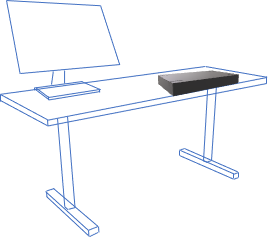
Benchtop
Whether it's for educational purposes, research and development, or specific testing applications, QIFT can offer a powerful and flexible solution in a benchtop setting. Engineers and researchers can benefit from the adaptability and programmability of QIFT to create custom solutions tailored to their specific needs.
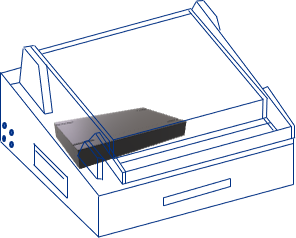
Inside a fixture
Integrating the QIFT inside a fixture can help reduce the complexity of cables and connections. This simplifies the setup and minimizes the potential for errors or signal degradation associated with long cables. It is especially beneficial, when you need to move the fixture from one test station to another. A built-in test instrumentation moves together with a fixture!
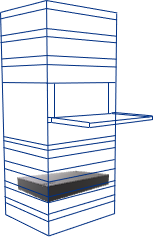
Inside a test rack
Integrating QIFT into a test rack offers advantages such as centralized management, standardized connectivity, scalability, improved organization, and ease of maintenance. These benefits contribute to a more efficient and reliable testing environment, especially in scenarios where multiple testing processes need to be coordinated and monitored.
Customized solution for your UUT
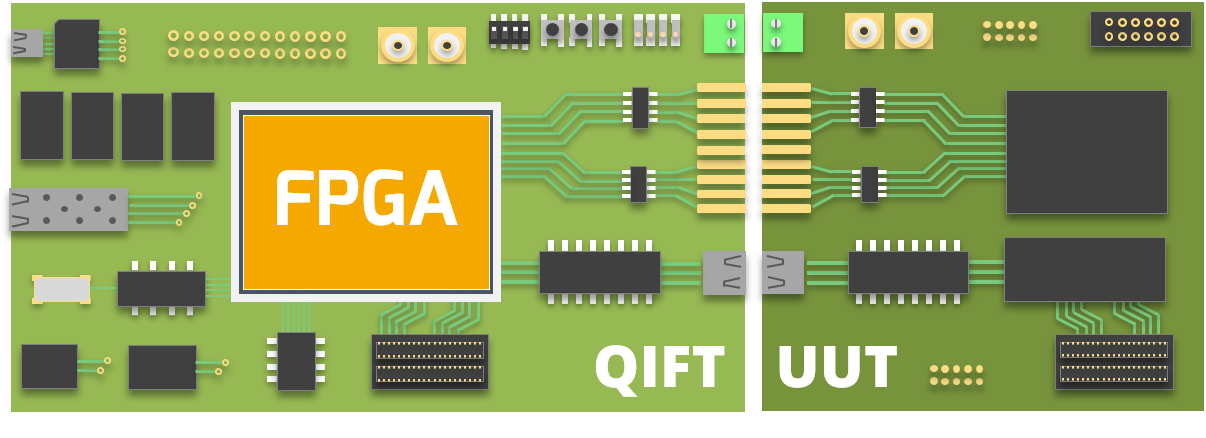
While the initial development of FPGA-based test solution may require engineering efforts (to adapt to a particular unit under test), their ability to handle multiple functions on a single chip can lead to cost savings compared to the purchase and integration of separate specialized test instrumentation.
Based on a generic system-on-a-module (SOM), QIFT needs a project-specific expansion board to have the necessary interfaces to connect to the unit under test. This usually include digital interfaces such as GPIO (General Purpose Input/Output), serial communication interfaces (e.g., SPI, I2C, UART), and analog interfaces.
Based on a generic system-on-a-module (SOM), QIFT needs a project-specific expansion board to have the necessary interfaces to connect to the unit under test. This usually include digital interfaces such as GPIO (General Purpose Input/Output), serial communication interfaces (e.g., SPI, I2C, UART), and analog interfaces.
Running Tests
We are not limiting an end-user to some fixed GUI and way of execution. Is it up to an end-user to select the preferred scripting language and test manager / sequencer platform to run. Using QIFT you can test the digital part of a PCBA and usually it is a piece of bigger test program with DMM checks, analog measurements, application tests, etc. Quite often, test execution software selection is much dependent on the complexity of the overall test procedure and on the number of third-party components which should be integrated together.
The developed test program can be executed either directly using a Python sequencer or it can be integrated into any test execution platfrom, e.g. NI TestStand, Keysight PathWave, etc. LabVIEW suits well when you need to integrate several complex algorithms together and GUI is beneficial. Implementing a set of sequential test scripts using LabVIEW is a very tricky and difficult task. Test sequencers are more suitable for this kind of things.
The developed test program can be executed either directly using a Python sequencer or it can be integrated into any test execution platfrom, e.g. NI TestStand, Keysight PathWave, etc. LabVIEW suits well when you need to integrate several complex algorithms together and GUI is beneficial. Implementing a set of sequential test scripts using LabVIEW is a very tricky and difficult task. Test sequencers are more suitable for this kind of things.
Get Started with QIFT
Get a quote for your project
Provide us with information about your project and we will provide you with a personalized quote.
Request a quoteHave a question?
Everyone has specific requirements. Tell us about them and we will try to provide a solution!
Contact us